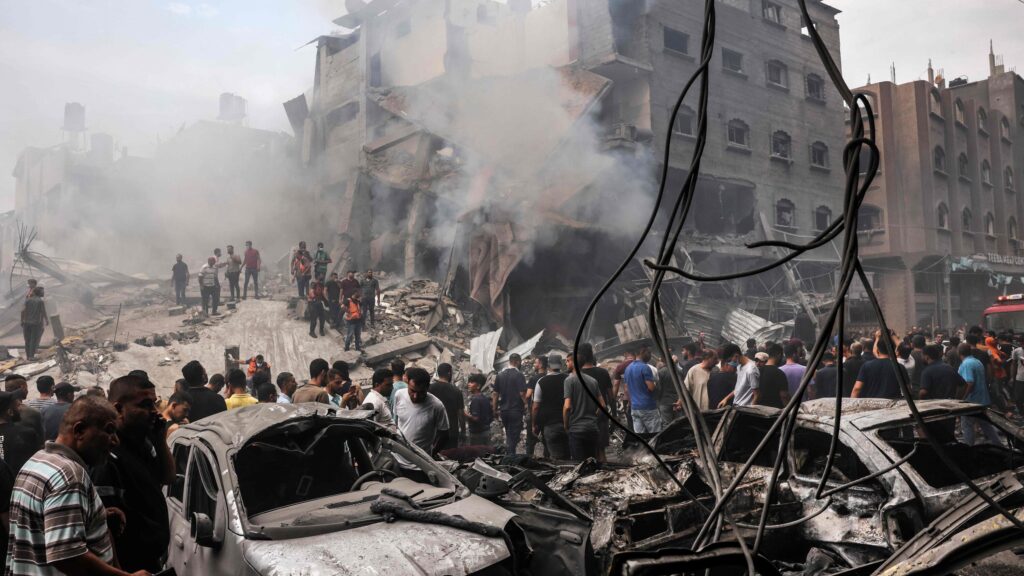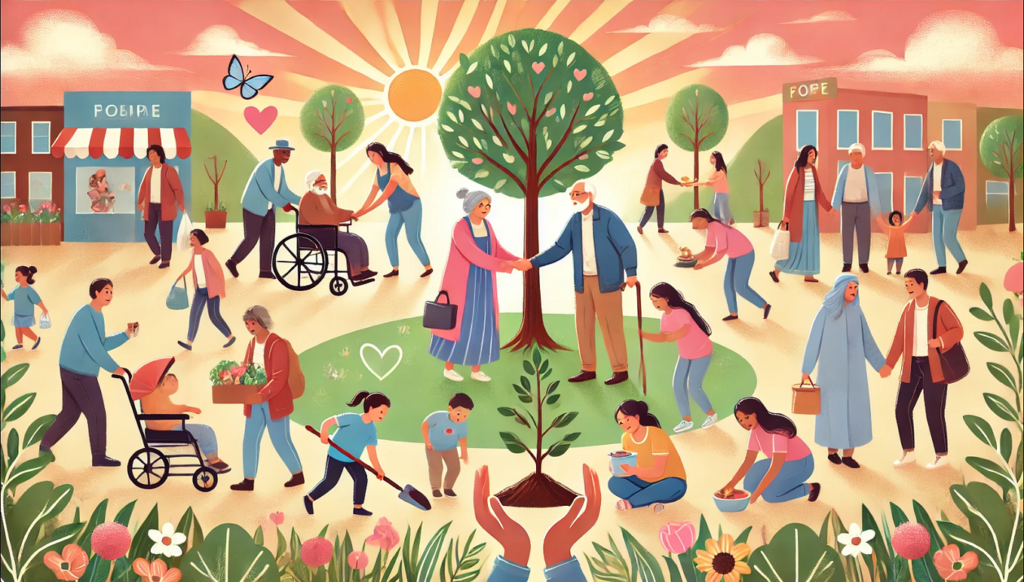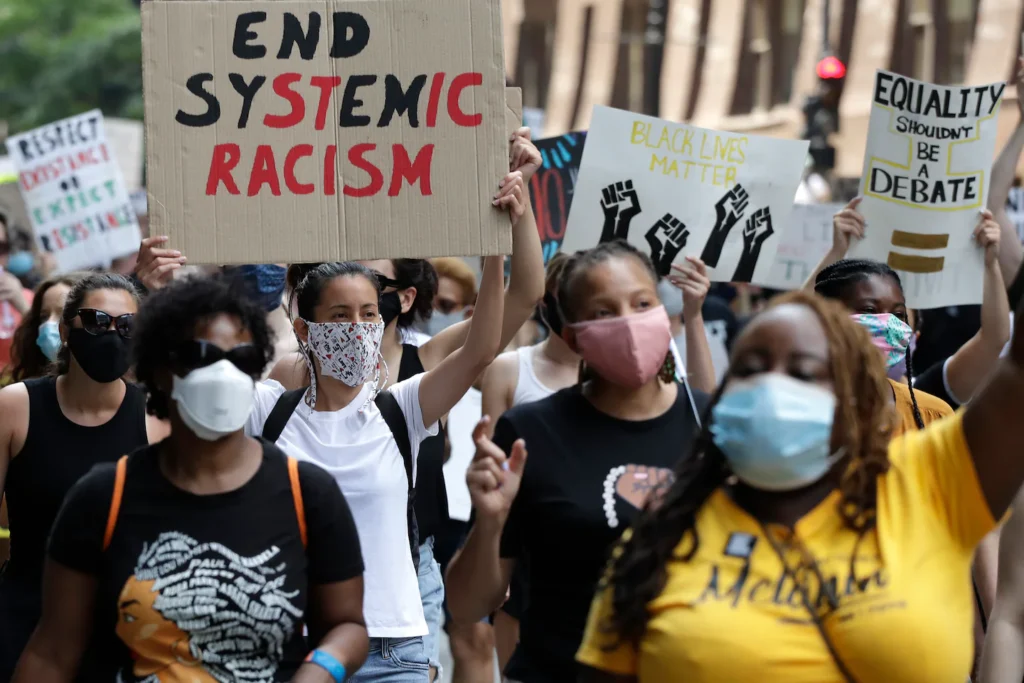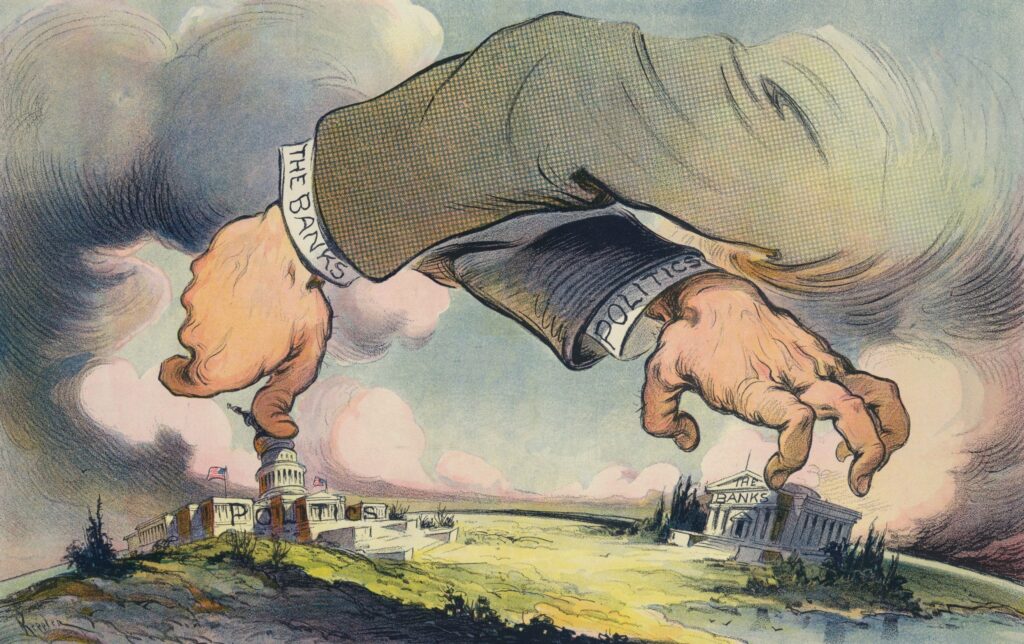
INTRODUCTION: WHEN NATIONS COMPETE, HUMANITY LOSES
From the beginning of human civilization, boundaries have been drawn to divide people—first by tribes, then by kingdoms, and now by nations. While progress in technology, education, and governance has been remarkable, one thing hasn’t changed: our tendency to compete with each other instead of working together. In the 21st century, this outdated mindset is not just old-fashioned—it is dangerous.
The truth is simple: when nations compete, humanity loses. Instead of investing resources into ending poverty, building education, or fighting climate change, billions are wasted on weapons, wars, and political rivalries. It is time we ask ourselves: Why are we still competing when the real battle is for survival as a species on this planet?

COMPETITION IN THE MODERN WORLD – A RACE TO NOWHERE
Countries today spend trillions of dollars every year on defense budgets. These funds could provide healthcare, education, and clean water to millions of people. But instead, they go into producing more advanced missiles, submarines, and nuclear weapons.
- India and China, two of the world’s largest populations, are neighbors with a long history of mistrust. While both have achieved incredible progress in technology and economy, their rivalry often creates tension. Imagine if these two nations pooled their strengths—India’s innovation and democratic talent, China’s manufacturing and efficiency—the whole world would benefit.
- The West and the East often see each other as competitors. But in reality, the challenges of climate change, global health, and economic inequality do not care about East or West. They affect everyone.
The race to outdo each other is like two passengers on the same sinking boat arguing about who owns the bigger bucket of water, while the boat itself is going down.

THE HIDDEN FORCE BEHIND DIVISION – POLITICS AND BIG CORPORATIONS
It’s not only nations that fuel this competition. Big corporations, with the support of politicians, often thrive on division.
- Arms industries benefit when there is tension between countries. Every conflict is an opportunity for them to sell more weapons.
- Resource companies exploit divisions by controlling oil, minerals, and energy, ensuring their profits grow while people fight.
- Tech and finance giants use the nexus of money and power to shape policies that serve their interests, not the public.
Politicians, too, sometimes prefer to keep nations divided. Nationalism becomes a tool to win votes. Fear of the “enemy” becomes a way to unite people—but not for peace, only for control.
This corporate-political nexus ensures that wealth and power remain concentrated in the hands of a few. The public pays the price while being told it’s “for the nation.” But nations are nothing without people. Public money should build public welfare—not private empires.

THE HUMAN COST OF DIVISION
When nations fight, ordinary people suffer the most.
- Wars destroy generations. Children lose education, families lose homes, and societies lose stability.
- Economic conflicts create poverty. Trade restrictions and sanctions don’t hurt politicians or corporations—they hurt farmers, small businesses, and the common worker.
- Religious and cultural divides weaken nations from within. Instead of celebrating diversity, communities are pitted against each other, weakening the fabric of society.
Meanwhile, climate change, pandemics, and poverty continue to rise, reminding us that the real problems are not in our borders but in our shared responsibilities.

WHY UNITY IS THE ONLY ANSWER
Competition might bring temporary pride, but cooperation brings lasting progress.
- Imagine India and China investing jointly in renewable energy instead of military standoffs. The world’s carbon footprint would drastically reduce.
- Imagine North America and Africa working together on food technology. Hunger could be eliminated within a generation.
- Imagine Europe, Asia, and Latin America sharing education and healthcare innovations. Billions would live healthier, longer lives.
These are not dreams. These are possibilities. What stops us is not a lack of capacity, but a lack of willingness. The strongest nations must understand that their leadership lies not in domination, but in guidance.

CONCLUSION: A CALL TO REDEFINE POWER
True power is not the ability to control or dominate, but the ability to uplift others. The nations and corporations that claim to lead must now prove it—not by building boundaries, but by breaking them.
The time has come to stop looking at competition as a measure of greatness. Our future depends on unity, cooperation, and shared growth. Humanity is one family, and the survival of this family requires us to stop fighting over who sits at the head of the table and instead focus on keeping the whole family alive.
TEASER FOR PART 3
In the next part of this series, we will explore:
👉 “THE ROLE OF INDIA AND CHINA IN LEADING GLOBAL UNITY – FROM RIVALS TO PARTNERS.”
This will highlight how these two ancient civilizations, with their rich histories and modern strengths, can guide the world toward peace, prosperity, and sustainability.
